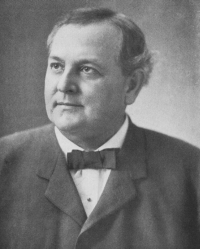A Quote by Ai Weiwei
The Internet has established a public sphere and developed a pressure which the government can no longer ignore.
Quote Topics
Related Quotes
The bourgeois public sphere may be conceived above all as the sphere of private people come together as a public; they soon claimed the public sphere regulated from above against the public authorities themselves, to engage them in a debate over the general rules governing relations in the basically privatized but publicly relevant sphere of commodity exchange and social labor.
women's entry into the public sphere can be seen not merely as the result of contemporary economic pressures, the high rate of divorce, or the success of the feminist movement, but rather as a profound evolutionary response to a pervasive cultural crisis. Feminine principles are entering the public realm because we can no longer afford to restrict them to the private domestic sphere, nor allow a public culture obsessed with Warrior values to control human destiny if we are to survive.
In India the government is very chaotic and poorly run. They are forced into action by public pressure. When it's a larger event, there's a lot more pressure - to do something, to investigate, to give some kind of compensation to the victims. With the smaller attacks, the pain is concentrated on those affected, because they've not just been forgotten by everyone else, which is normal, they've also been forgotten by the government, which lets the cases drag on for years in the courts.
Public virtue cannot exist in a nation without private, and public virtue is the only foundation of republics. There must be a positive passion for the public good, the public interest, honour, power and glory, established in the minds of the people, or there can be no republican government, nor any real liberty: and this public passion must be superiour to all private passions.







































